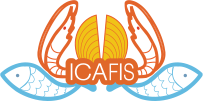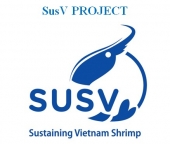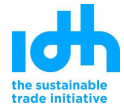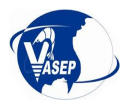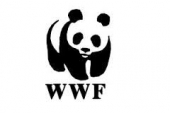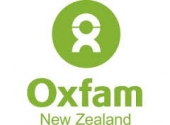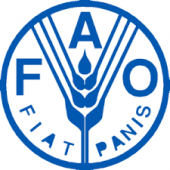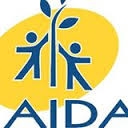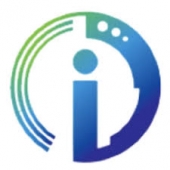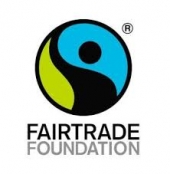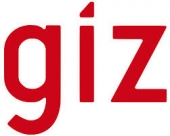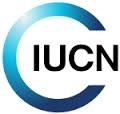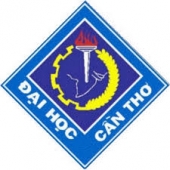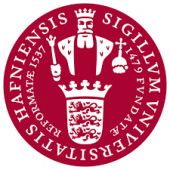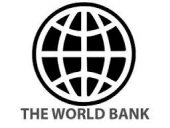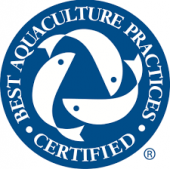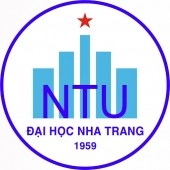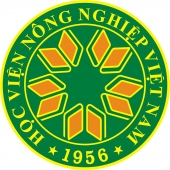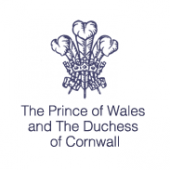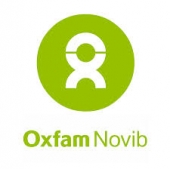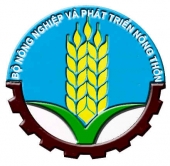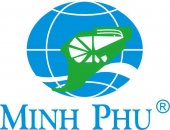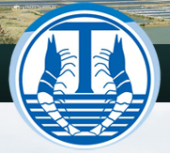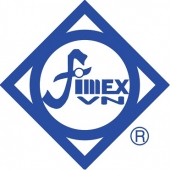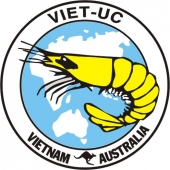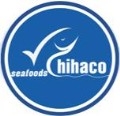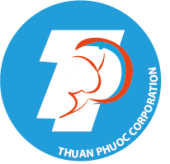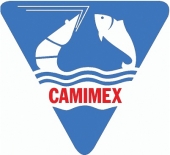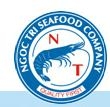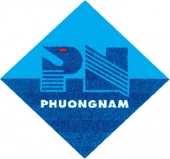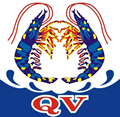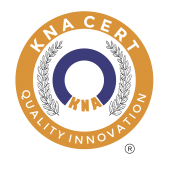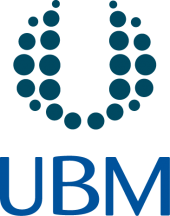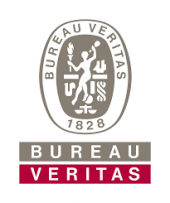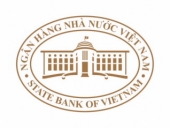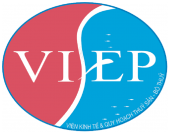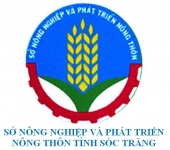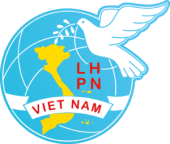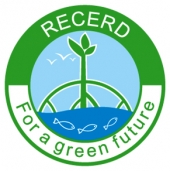On December 12, 2017, Ca Mau Agriculture and Rural Development department collaborated with the project “Sustainable and Equitable Shrimp production and Value Chain Development in Vietnam – SusV” funded by the EU and co-implemented by ICAFIS and Oxfam in Vietnam to organize “Cau Mau Shrimp value chain linkages - 2017 Summing Up” workshop in order to review, evaluate the value chain linkages in 2017 and recommend the solution to enhance the effectiveness and sustainability of Ca Mau shrimp industry in 2018”

Mr. Chau Cong Bang – Vice chairman of Ca Mau Agriculture and Rural Development department Spoke at the workshop opening “shrimp industry could not be sustainable without value chain linkages” it expressed the high interest of Ca Mau provincial agencies in general and Ca Mau Department of Agriculture and Rural Development in particular to the value chain linkages in the Ca Mau shrimp industry development. Ca Mau has the largest area of shrimp farming area, it is considered as the capital of Vietnam shrimp industry.

Ca Mau shrimp industry has remarkable achievements:
Mr. Doan Thanh Hien - the representative of Ca Mau Agriculture and Rural Development department reported at the workshop:
+ Since 2016, the department has collaborated with SusV project and other NGOs such as ICAFIS, Oxfam in Vietnam, WWF, SNV, MCD to facilitate 61 input and output farming contract for 15 shrimp cooperatives and 17 farmer groups, including 800 households with 1,323 ha of shrimp production.
+ SusV project has facilitated farming contracts on applying ASC and BAP standards with shrimp processing and exporting companies such as Minh Cuong, Quoc Viet, Thanh Doan with the total production area of 675 ha/552 households. As agreed in the contracts, the companies will financially support farmers to apply the standards, enhance the cooperatives’/farmer groups’ administration and technology capacity. The farmers also have better shrimp price.
+ The department and SusV project also facilitated finance linkages with the participatory of OCB, Kien Long, BIDV, Maritime bank.. to date, there have been four value chains getting the financial access, 49 households have receive loans and inputs for their production activities.
Shrimp value chain needs more efforts: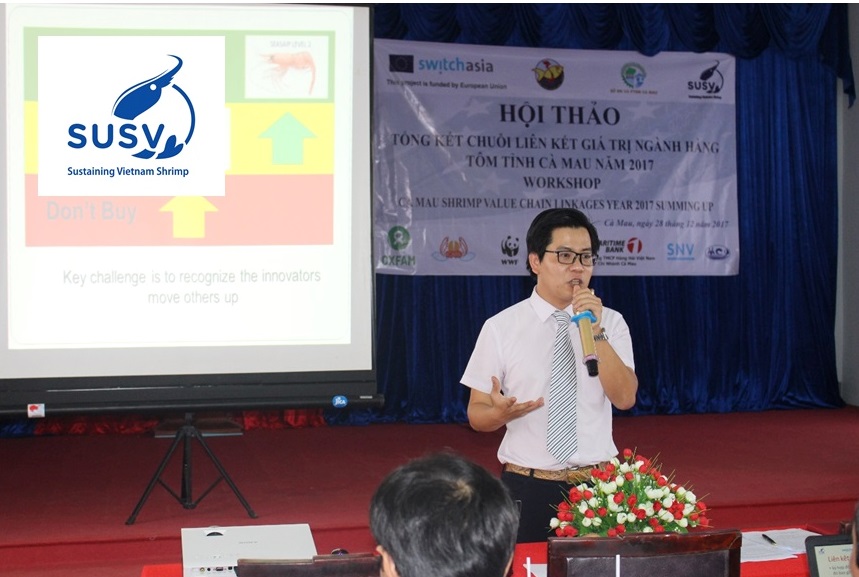
Mr. Dinh Xuan lap, Nguyen The Dien – representatives from ICAFIS shared:
+ Since 2016, we have facilitated a lot shrimp value chain linkages in Ca Mau (61 contracts), however the quality of the linkages still needs to be improved: i) The linkages still stand individually, not yet linking together to become a complete chain, ii) contract violating such as overdue debts, delayed payment, applying standard..; iii) It takes time to review and select good, reputable and responsible input suppliers. iv) The commitment of local authorities is not high enough iv) Financial access exists but need to be enhanced and widen.

A lot of resolutions are recommended:
The workshop has received a lot feedbacks from all the value chain stakeholders including: input suppliers, the representatives of cooperatives/farmer groups, banks, NGOs… all advantages, challenges have been discussed deeply and recommended resolutions:
- Local authorities at all level: Play the role of organizing and coordinating among the components; having specific plans for facilitating linkages; promoting the development of cooperative/collective economic models, clubs, farmers' production groups; having Strategic plan on raw material areas for the potential needs of shrimp processing and exporting company/enterprise; Having policies and mobilizing capital to support farmers and companies in production and consumption.

- Companies: Having long-term strategy, having high prestige and creating many mechanisms to attract the participation of the parties as well as the mechanism of sharing benefits for the participants; Investing in building raw material areas including certified material areas and cooperate with farmers to ensure sustainable supply.
- Scientists: Scientists get involved in developing advanced production processes such as VietGAP, ASC, EU or organic standards and training farmers through a project or consulting program to help company. They also need to have research contracts or technology transfer to produce disease-free shrimp seedlings such as contracts between farmers and companies to promote efficiency and sustainability.

- Shrimp farmers: need to change traditional production practices and strictly adhered to in the production process set by the scientist or companies; Farmers should be active in linking together to form cooperatives and shrimp farmer groups to increase their competitiveness in joining and receiving and receiving profits from the state and other organizations’ support policies. In addition, farmers need to keep their credibility and comply with the contract signed with companies, not to violate farming contracts when prices fluctuate, so that the linkages actually brings practical/positive effects.

- Banks: Recommends the State Bank of Vietnam, Ministry of Agriculture and Rural Development to assist localities to establish mechanisms and formulate policies for value chain lending in order to effectively implement Resolution 14 NQ-CP dated March 5, 2014 of the Government on loaning pilots for agricultural-forestry-fishery development towards exporting.

At the end of the workshop, the representatives agreed to regularly review, adjust and correct the signed contracts’ contents in order to gradually tighten and improve the value chain linkages. The representatives of Orient Commercial Bank, Maritime bank also express their commitment to support the value chain to help farmers to have loans for production.
Vũ Thùy – ICAFIS
